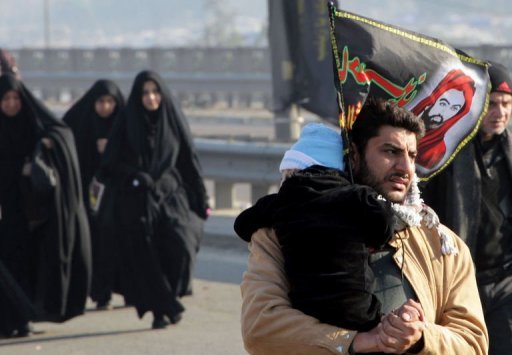By Amr Ramadan
CAIRO: A committee of economic ministries headed by Finance Minister Samir Radwan announced Wednesday plans for potential labor and wage reforms.
Officials had decided to extend income tax payments to be made over three installments before the end of the current fiscal year, as well as exempting businesses from late fees incurred since January.
Recently appointed Minister of Social Solidarity Gouda Abdel Khalek and Trade Minister Samir Youssef Ali El-Sayyad are also on the committee.
On the agenda for discussion is a framework for employment, wage and tax reforms as well as plans to improve the business climate for small and medium enterprises.
The economic committee also focused on national development projects, namely a plan labeled the “Development Corridor,” which was proposed by Egyptian scientist Farouk El Baz. The group will develop a framework for cooperation between ministries and coordinate the research needed to carry out the projects.
An independent entity may be set up to oversee the development and implementation of the projects.
Magdy Sobhy, deputy director of Al-Ahram Center for Strategic Studies, told DNE that the new income tax payment scheme was a wise decision.
Coupled with previously announced compensations for businesses that suffered damages during the January 25 Revolution, Sobhy explained that the policy would help increase liquidity in the market, helping businesses overcome the recent decline.
Mohamed Rahmy, research analyst at Beltone Financial, told DNE that extended tax payments was a positive measure meant to ease the impact of the current situation on businesses and employees.
“This is positive also because it is a decision that aids citizens but does not put any strain on the deficit since this policy does not require additional funds,” he said.
Sobhy stressed that, as a transitional government in place for six months or less, it should focus on policies that alleviate immediate stresses as opposed to long-term plans and projects currently being discussed.
“The reality is that the government should focus on the types of policies to reinvigorate the market, and only make reforms that address immediate concerns like the current wage reform debate in terms of minimum and maximum wages, subsidies and tax reforms,” he said.
Sobhy sees a contradiction in announcements made by Radwan and Abdel Khalek, saying that the former used rhetoric for reform that would be a continuation of the government’s social welfare driven plans from 2004. On the other hand, it seems Abdel Khalek is pushing for more striking reforms that deal with wages and taxes.
The economic committee is part of four committees formed Wednesday following the first meeting of the new Cabinet under Prime Minister Ahmed Shafiq. Other committees include a services committee headed by the Electricity Minister Hassan Younes, a committee to determine immediate priorities of the state headed by Minister of International Cooperation Fayza Aboul Naga, and a committee for national dialogue headed by Yehia El-Gamal, deputy prime minister.

